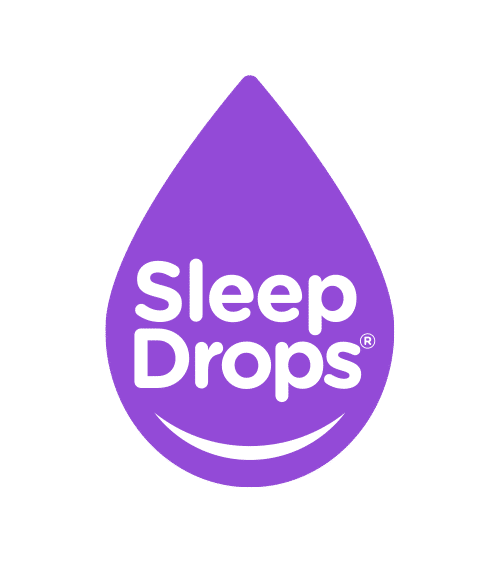Scientific Research
Investigation effect of oral chamomilla on sleep quality in elderly people in Isfahan: A randomized control trial
Elderly people often suffer from sleep disorders. Chamomile due to the many health benefits such as sedation may be effective in improving sleep quality in elderly people. This study aimed to determine the effect of Matricaria chamomilla extract on sleep quality in elderly people admitted to nursing homes of Isfahan in 2014.
Valeriana Officinalis and Melissa Officinalis Extracts Normalize
Brain Levels of GABA and Glutamate Altered by Chronic Stress
Despite being traditionally used herbals to treat mild anxiety and sleep disorders, Valeriana officinalis and Melissa officinalis mechanism of action is not fully understood. While the pattern of mood modulation of both herbals suggests the involvement of the Gamma-Aminobutyric Acid (GABA) ergic system, other changes in the neurotransmitters pathways can provide an explanation for the clinical effects.
Nervine Herbs
for Treating Anxiety
Anxiety is a common ailment in our society. However, the drugs available to treat mild-to-moderate anxiety, particularly benzodiazepines, are problematic because they can cause injury, produce side-effects, and create dependence. Nervine herbs have been widely used historically to treat mildto- moderate cases of anxiety, and these herbs appear to be very safe, nonaddictive but their properties as anxiolytics have been poorly researched.
A combination of valerian and lemon balm is effective in the treatment of restlessness and dyssomnia in children
Efficacy and tolerability of a combined valerian/ lemon balm preparation were investigated in an open, multicentre study in children less than 12 years suffering from restlessness and nervous dyskoimesis. Patients were dosed individually by the investigators. In total 918 children were evaluated for therapeutic efficacy and tolerability. A distinct and convincing reduction in severity was found for all symptoms in the investigators’ and parents’ rating.
Effects of Melissa officinalis L. on Reducing Stress, Alleviating Anxiety
Disorders, Depression, and Insomnia, and Increasing Total Antioxidants in Burn Patients
Burns are a major cause of stress, and afterwards, many patients suffer from anxiety, depression, and insomnia. Also, the levels of serum antioxidants increase after burns, which causes problems in patients. It has been observed that Melissa officinalis L. can increase serum antioxidant levels and improve mood and sleep quality.
Hypnotic activities of chamomile and passiflora extracts in sleep disturbed rats
In the present study, we investigated hypnotic activities of chamomile and passiflora extracts using sleep-disturbed model rats. A significant decrease in sleep latency was observed with chamomile extract at a dose of 300 mg/kg, while passiflora extract showed no effects on sleep latency even at a dose of 3000 mg/kg.
Sleep . . . Naturally
The aim of this article is to review identified literature on the effectiveness of commonly used herbal remedies for insomnia. The literature found and reviewed by the current authors had investigated valerian (Valeriana officinalis) alone or in combination with other herbs, hops (Humulus lupulus), kava kava (Piper methysticum), chamomile (Matricaria recutita), and St. John’s wort (Hypericum perforatum).
Updates on Nutraceutical Sleep Therapeutics and Investigational Research
Approximately 50% of the population will suffer from a sleep disorder over the course of their lifetime. There is increasing interest
in nutraceuticals for these conditions. The quality of the evidence for the safety and effectiveness of using these supplements to
treat sleep disorders varies substantially. In this review, we discuss the data about the effectiveness and safety of six commonly used
plant-based sleep therapeutics: caffeine, chamomile, cherries, kava kava, L-tryptophan, marijuana, and valerian.
The efficacy and safety of herbal medicine for insomnia in adults: an overview of recent research
Insomnia disorder is prevalent throughout societies and places an immense burden on the individual and the wider community. Currently the main conventional treatment is with hypnotic/sedative drugs that may cause undesirable side effects and rebound insomnia. Consequently herbal medicine has become a popular alternative with some patients.

